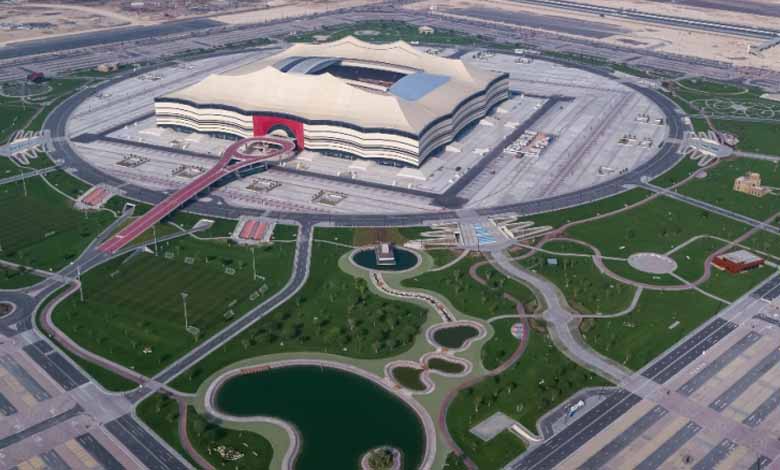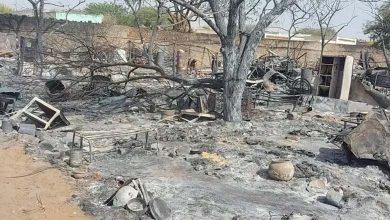International outrage over Qatar’s use of new technologies harmful to the environment before the World Cup

The World Cup in Qatar has failed to deliver on promises to cut carbon emissions, a new report published by the British newspaper The Guardian warned Tuesday; this creates another problem for the World Cup, which is expected to be held in 2022.
According to the Guardian, Qatari organizers claimed that the 32-team tournament would be the first carbon neutral World Cup; However, Carbon Market Watch (CMW), a non-profit organization working closely with the EU, examined the organizers’ plans to discover that expected emissions had not been reported, in addition to the footprint created from the construction of seven new stadiums of particular importance.
According to the newspaper, Gilles Dufrassen, an analyst with the Carbon Market Watch (CMW), said: It would be great to see the climate impact of the FIFA World Cup shrinking significantly, but Qatar’s simply-claimed carbon neutrality claim is unreliable. Despite the lack of transparency, evidence suggests that emissions from this World Cup will be much higher than expected by the organizers.
He predicted that these carbon credits purchased to offset these emissions would not have a positive enough impact on the climate.
The paper also noted that central to the CMW complaint is its calculation that carbon emissions from new stadiums could be eight times higher than the Qatar analysis. The CMW report also notes that the hosts have performed a calculation that spreads the carbon footprint of the stadium throughout its entire life cycle, which the report describes as problematic.
Carbon Market Monitor said: “These stadiums were built specifically for the World Cup”, “the intensive use of many stadiums in the future in such a small geographic area is uncertain, especially when viewed against the fact that Doha had only one main stadium before it got the World Cup”.
The Guardian also revealed other criticisms concerning plans to absorb emissions through a large-scale tree and grass nursery, as the WHO report asserts this idea is unreliable because any absorption is unlikely to be permanent in these artificial and vulnerable green spaces. The newspaper also questioned the carbon credit system Qatar plans to use to offset the remaining emissions at the end of the event.
The report shows that the new body, known as the Global Carbon Council (GCC), was originally licensed by Qatari authorities and has different standards for other credit systems in place. It is used for only two other projects around the world and has sold 130,000 balances. At least 1.8 million are expected to be sold at the World Cup.












